Business groups wedged at Jobs and Skills Summit
Tony Burke will start work on legislation to repair the ‘broken’ enterprise bargaining system.
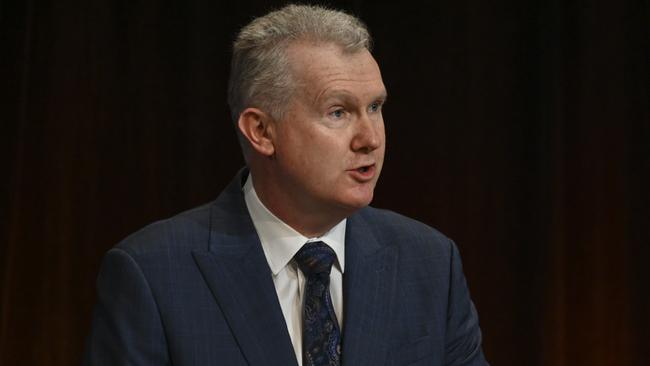
Employment Minister Tony Burke will start work next week on legislation to repair the nation’s “broken” enterprise bargaining system, including widening access to multi-employer agreements, a move that business warned could spark more strikes by unions.
But employers backed Labor’s decision to simplify the legal test used to approve pay deals and the Australian Council of Trade Unions said any increased right to take industrial action against multiple employers would be used as a last resort.
Opening the two-day jobs and skills summit, Anthony Albanese announced a new $1.1bn package to support 180,000 free TAFE places from 2023, saying the step was recognition of the “urgent challenges facing our nation”.
Mr Burke endorsed a tripartite forum of union, business and government representatives that would address cultural and productivity issues in the construction industry after ACT independent senator David Pocock expressed concerns about the abolition of the building watchdog.
Leading economist Ross Garnaut issued a warning for policy makers to “stop kidding ourselves” about the state of the budget and the economy, arguing that increasing the national tax take was critical to putting the country’s finances back on an even keel.
Professor Garnaut, a former adviser to Bob Hawke and the author of a major climate change review under Kevin Rudd, warned that returning to the economic status quo in the wake of the health crisis was not good enough.
“We have large deficits when our high terms of trade should be driving surpluses,” Professor Garnaut said.
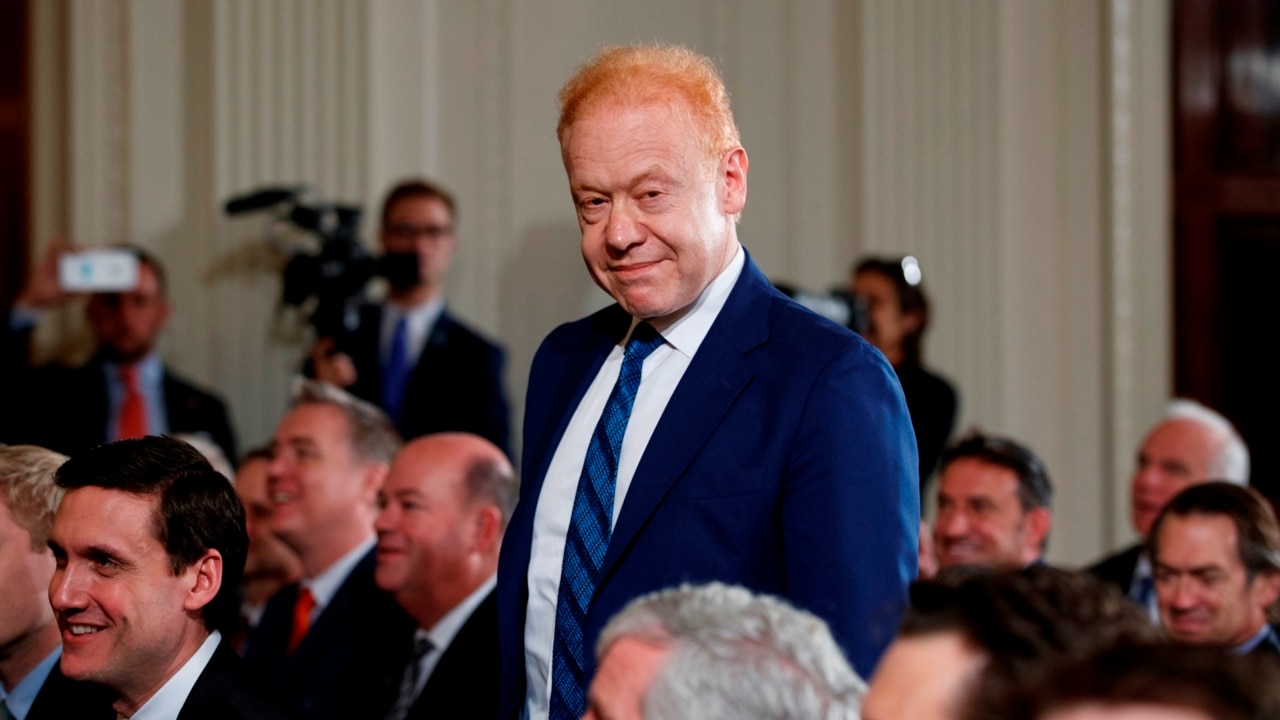
“Interest rates are rising on the eye-watering commonwealth debt. We talk about the most difficult geo-strategic environment since the 1940s requiring much higher defence expenditure, but not about higher taxes to pay for it.”
The government also faced calls to bring forward its childcare reforms, which lift the maximum subsidy rate to 90 per cent for families for their first child in care and increase subsidy rates for every family with a child in care earning less than $530,000 in combined household income.
Following two hours of industrial relations discussions on day one of the jobs and skills summit, Mr Burke announced his department would start consulting with stakeholders next week ahead of the government legislating to make the Fair Work Act’s better-off-overall test “simple, flexible and fair” and to remove unnecessary limits on access to multi-employer agreements.
The changes to the enterprise bargaining laws could be included in an industrial relations bill already scheduled to be introduced into federal parliament this year, although the government on Thursday did not commit to including the bargaining changes in the bill.
Stating that the constructive dialogue at the summit would have been impossible six months ago, Mr Burke said “effectively today is the next stage in getting wages moving and getting productivity benefits for business”.
ACTU secretary Sally McManus said unions believed changes could be made to the better-off-overall test that would make it simple while retaining fairness for workers. “The Australian union movement wants to see successful businesses and for the living standards of all Australians to rise,” she said.
“We are painfully aware that we are experiencing the largest real wage cut in history after a decade of wage stagnation. We face real wage cuts for years to come.
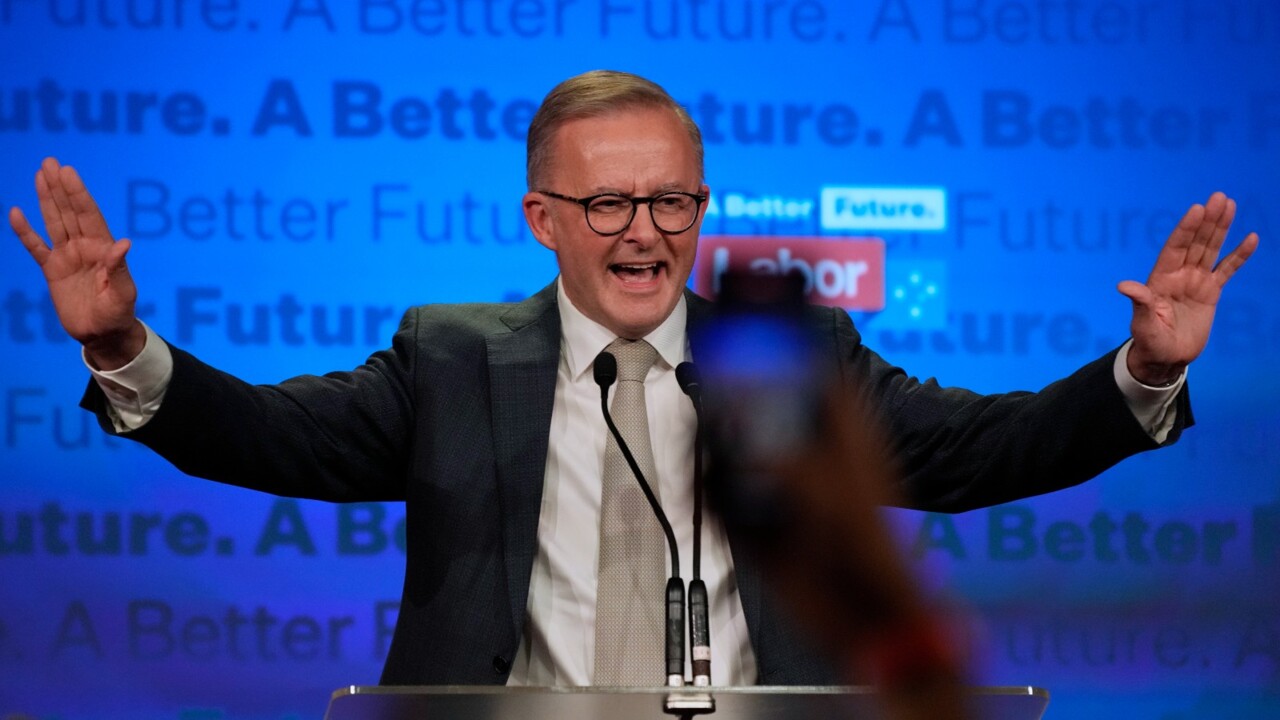
“Yet many businesses are doing well and posting very healthy profits. This is not the future Australians would choose for themselves or for the next generation.”
Australian Industry Group chief executive Innes Willox said employers were concerned that multi-employer bargaining could lead to “disruptive and costly industrial action”, potentially across a sector, or broad parts of the economy. “A clear red line for industry is the potential for unions to engage in industrial action in pursuit of multi-party bargaining claims,” he said.
“This has the potential to shut down key parts of our economy in the pursuit of claims. Such a possibility has deeply alarmed industry and must be ruled out.”
The Prime Minister said the multi-employer provisions were not about industrial action.
“This is about how you get improvements in productivity, how you boost the profitability of businesses, as well as boosting the wages and conditions of the workforce,” Mr Albanese said.
Australian Chamber of Commerce and Industry chief executive Andrew McKellar said the chamber was open to considering sensible changes to multi-employer bargaining but would be “very concerned if this became a ploy to unionise small business, leading to increased industrial action”. Mr McKellar welcomed Mr Burke’s planning to “address the increasingly unworkable, impractical, and unreliable enterprise-bargaining system to ensure agreement making is more practical and fairer”.
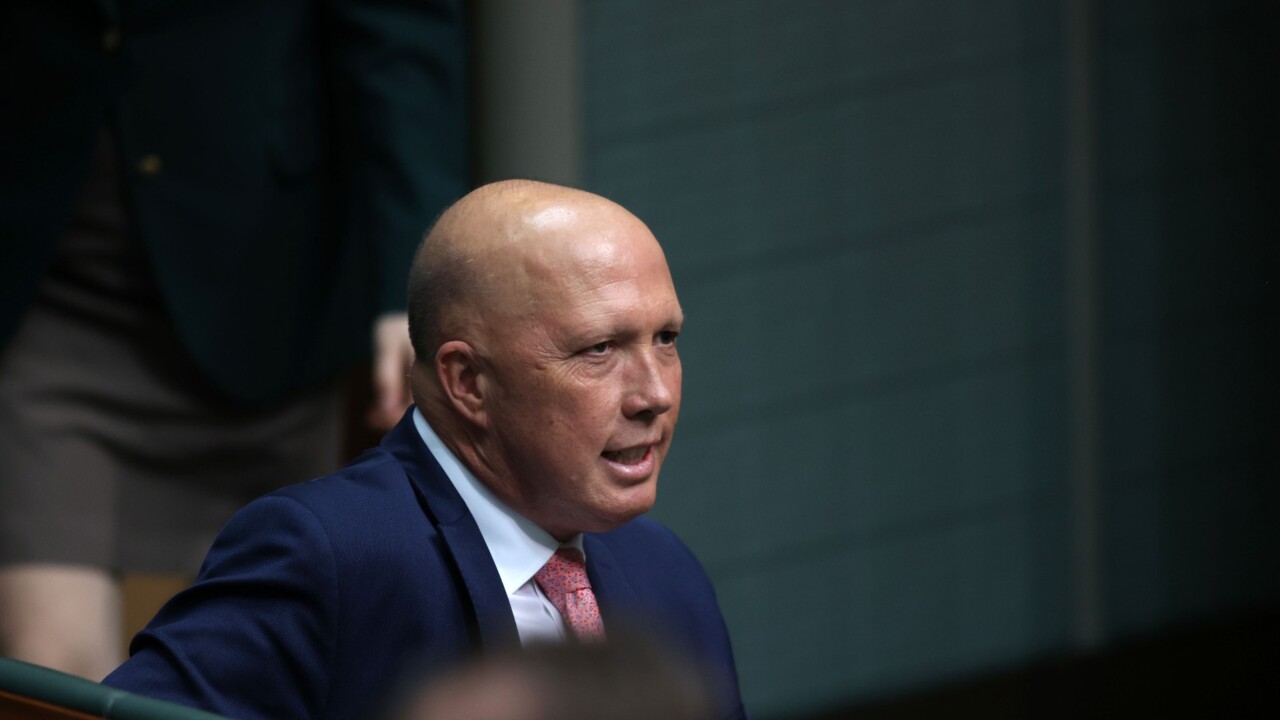
“In particular, changes to the better-off-overall test are very welcome, ensuring that the test applies to a workplace’s actual circumstances, not hypotheticals that would never be part of business’ operation,” he said.
Jim Chalmers rejected warnings that legislating multi-employer bargaining could shut down parts of the economy.
“I don’t accept that analysis,” Dr Chalmers told ABC’s 7.30.
“Our objective is to try and find sufficient common ground on ways to make the enterprise bargaining system work better for workers and for employers.”
In relation to the better-off-overall test, Mr Burke said the government would not support changes that would result in wages going backwards and wanted to simplify the test to “take away a whole lot of the legalistic rules and the complexity”.
Asked if he was ruling out sector-wide and industry-wide bargaining, Mr Burke said the conversation on all of those scope issues would start with the department next week.
Business council president Tim Reed told the summit non-managerial employees paid under an enterprise agreement received $100 a day more than workers not covered by agreements. “That‘s $25,000 a year, but over the last decade, the number of employees covered under an EBA has declined by a million. Why is that? The system is complex. The system is based on legalities. The system is difficult to navigate, and frankly, therefore businesses are opting out of using it.”
Ms McManus said the current bargaining system had stayed the same for 30 years.
More Coverage




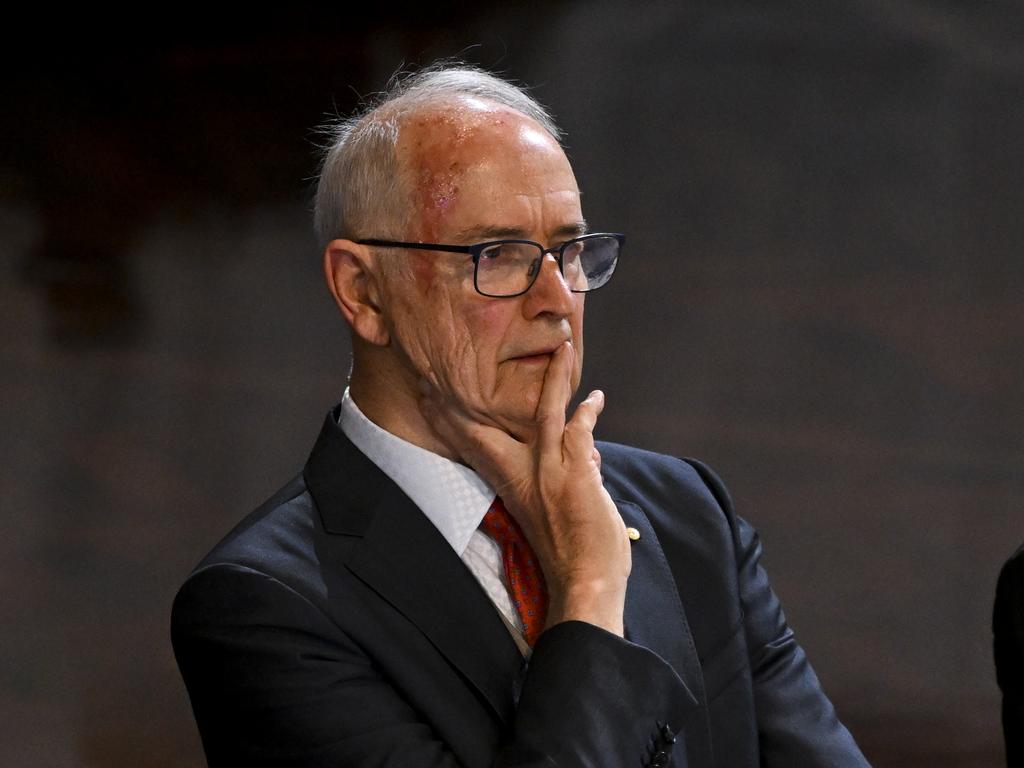
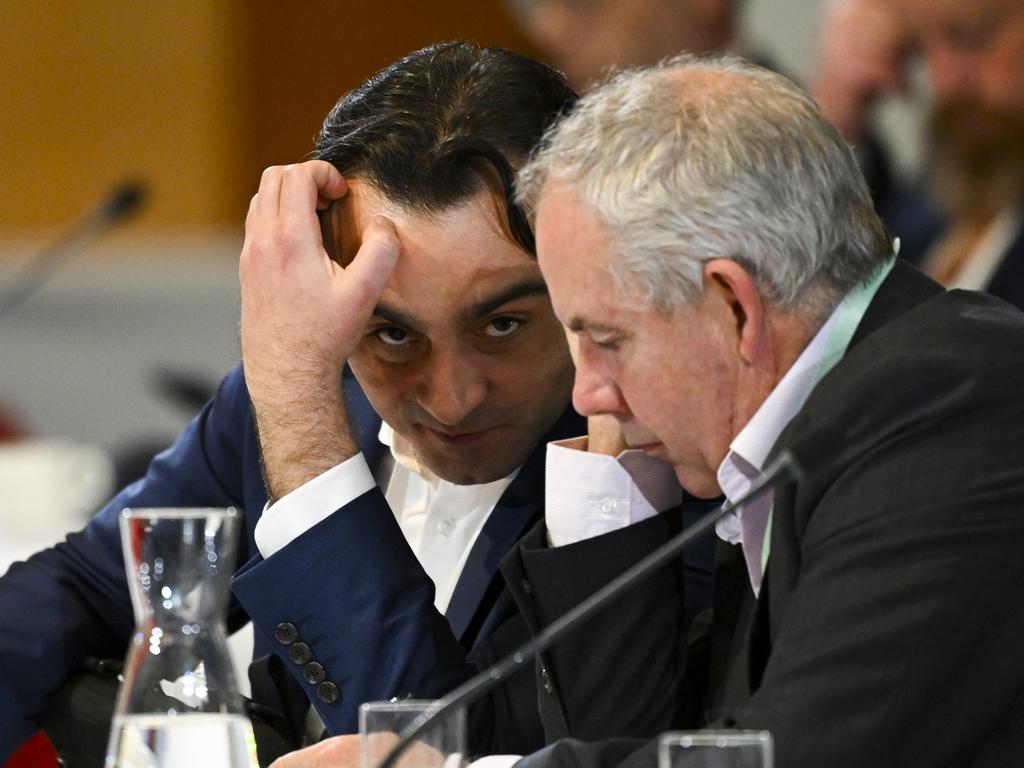
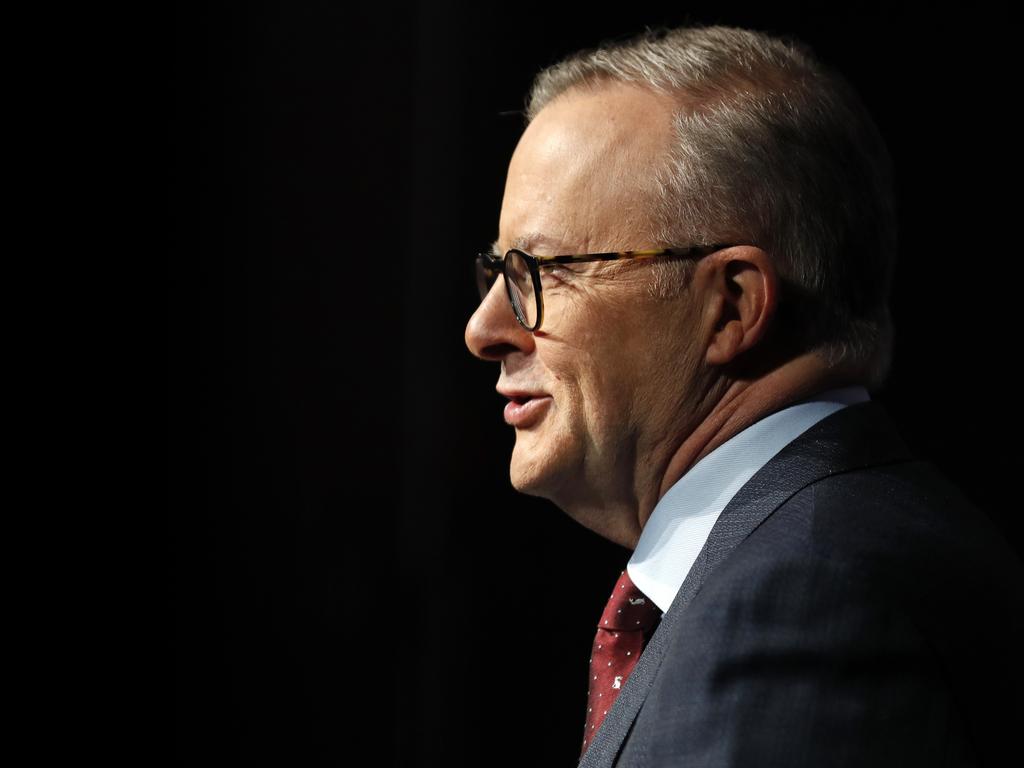


To join the conversation, please log in. Don't have an account? Register
Join the conversation, you are commenting as Logout